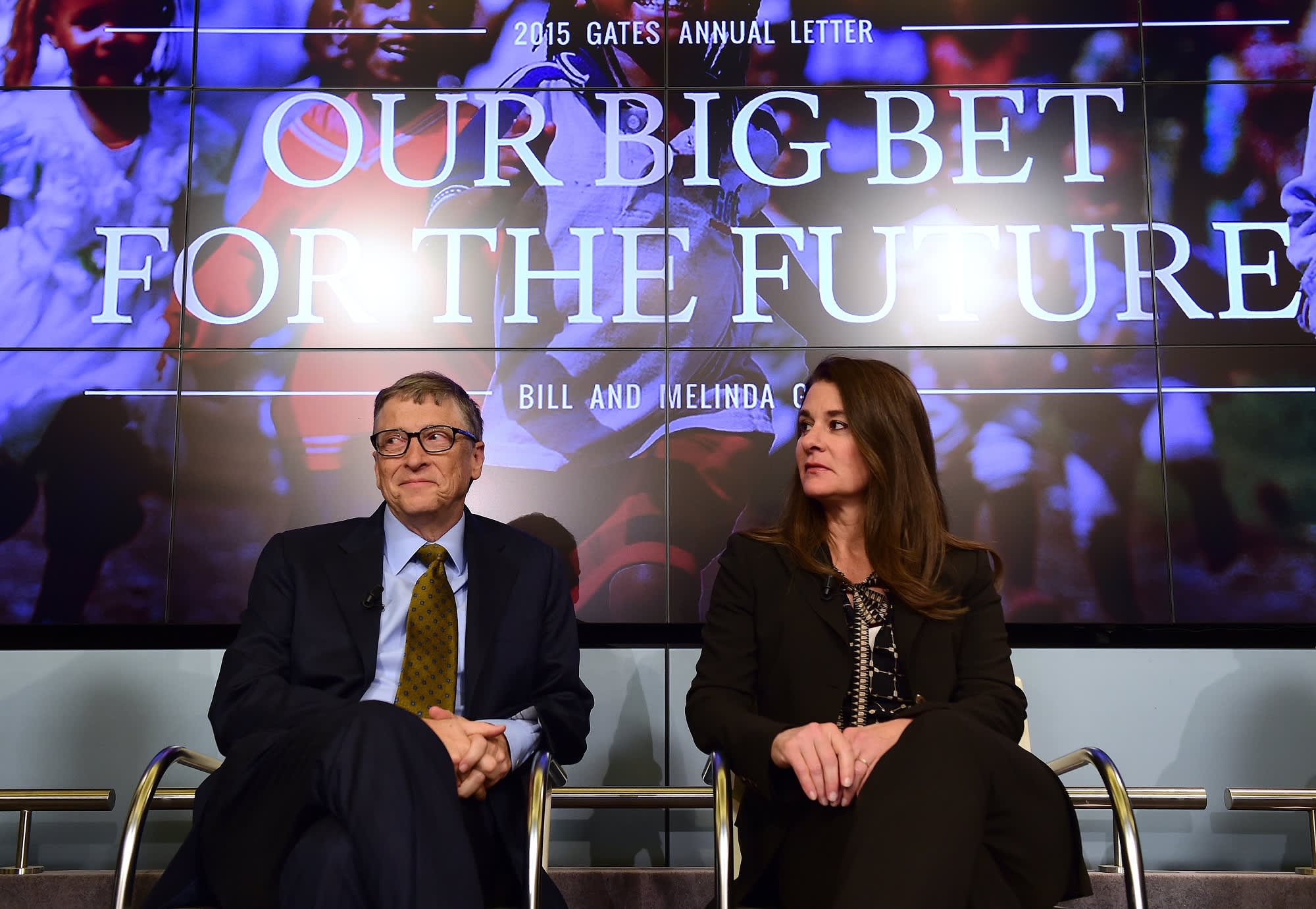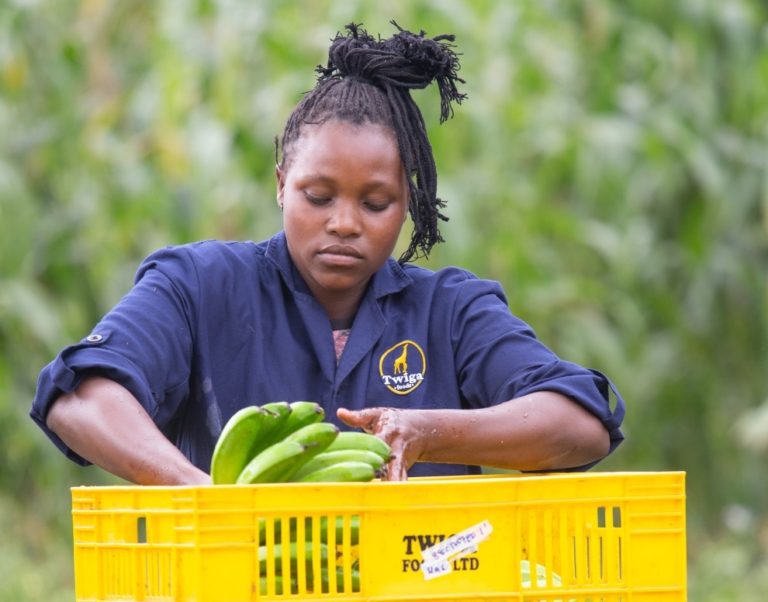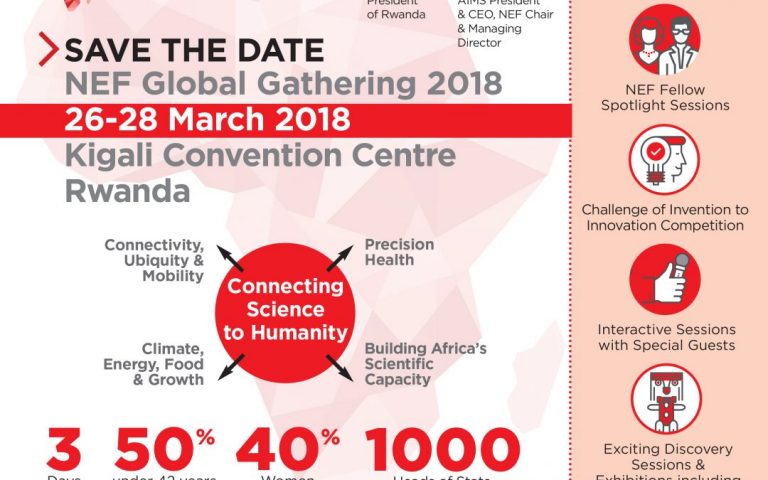Bill and Melinda Gates Foundation Launches $30M Grand Challenge AI Investment For Africa

Bill Gates said the Bill & Melinda Gates Foundation will spend $30 million in a new artificial intelligence platform in Africa yesterday at the Grand Challenges annual event sponsored by the foundation and its partners in Senegal.
Grand Challenges, the foundation’s flagship innovation program, was introduced in 2003. It focuses funding and attention on urgent global health and development issues affecting the world’s poorest people and uses open calls for proposals to crowdsource potential solutions.
Among the fresh measures to encourage Africa-led innovation announced at this year’s event in Dakar was an investment in an AI platform.
The platform will give researchers and businesspeople from Africa technical and operational support so they can turn their concepts into practical solutions for health and development.
According to Gates, it is a step in the right direction towards guaranteeing that the advantages of artificial intelligence are applicable, affordable, and accessible to everyone, especially those in low- and middle-income countries, and that crucial technologies are developed in a secure, moral, and equitable manner.
The foundation will continue to collaborate closely with technical partners and governments to enhance the platform and search for opportunities to collaborate on AI for health and development.
The foundation asserts that the investments made at the meeting are part of an urgent appeal to governments to expand funding for R&D in order to hasten, streamline, and make the most recent advances in science and technology accessible to everybody.
According to the Bill and Melinda Gates Foundation, only 2% of money spent on health research and development overall is dedicated to diseases that affect the world’s poorest population.
Gates demanded that the world invest at least $3 billion more annually on global health and R&D in order to address the severe financing gaps for untreated diseases.
“New health technologies have the potential to save millions of lives, but R&D funding is going in the wrong direction,” he claimed. “Donors need to step up their commitments to ensure that health innovations reach those who need them more quickly, so more lives can be saved.”
Moussa Balde, the Senegal’s Minister of Higher Education, Research, and Innovation, stated that “global investments in a pipeline of innovative solutions helped reduce childhood deaths under five by half over the past two decades.”
The minister did point out that it still takes too long for innovations that could save lives to reach those who need them and that not all inventions are made with fairness in mind.







